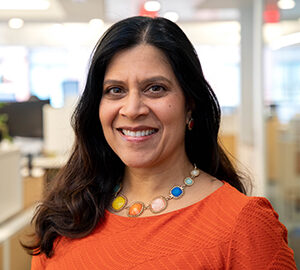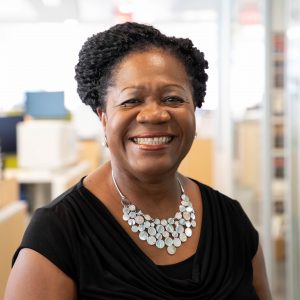As the nation suffers through the COVID-19 pandemic and hears the cries for racial justice, municipal leaders are forced to think through solutions to the racial disparity questions about economically stable and mobile populations. One potential solution to is work towards getting more residents employed in jobs that pay family-sustaining wages and on a career pathway that gives them purpose and a ladder to climb. This can create a stronger, more diverse workforce that supports the city’s economic growth and vitality. A way to do this is to ensure that more people of color and people from low-income backgrounds have an equitable opportunity to complete postsecondary degrees or credentials so that they can successfully enter the workforce. This is even more critical during these pandemics as the vast majority of city residents – African Americans, Latinx are more likely to become victims of COVID-19 and racial inequities.
What are Basic Needs?
You may ask, “what gets in the way of people acquiring a postsecondary credential?” Tuition costs? Sometimes yes, but often times it is the fact that college students of all ages simply do not have enough financial resources to pay for food, quality housing, transportation, child care or other basic needs and they are not able to focus on their education or training.
A recent nationwide study from the Hope Center for College, Community and Justice at Temple University surveyed over 38,000 postsecondary students and found that nearly three in five students struggled with food or housing insecurity since the COVID-19 pandemic began. Between 39% and 42% of college students today were already challenged to meet their basic needs before the virus gripped our nation, but it has gotten much worse.
Racial equity issues are also at play here. The study found a 19% gap in basic needs insecurity between black and white students. This is cause for great concern because unmet basic needs often derail students’ efforts to complete college and attain postsecondary credentials. As we all know, without a college degree or vocational certificate, successful entry into the workforce is compromised and the city’s economic development plans are also at risk.
What is being done to overcome barriers of completion for postsecondary students?
Thanks to a new funding partnership with the ECMC Foundation, the National League of Cities (NLC) is launching a new initiative to help cities work in partnership with their postsecondary institutions, workforce entities and community partners to remove barriers to basic needs described above for postsecondary students. Cities of all sizes are welcome to apply to participate in our new Community of Practice that will consist of 12 selected cities all working individually and collectively to tackle the challenge of increasing access to basic needs of college students.
The Community of Practice (CoP) is a 12-month opportunity to help city leaders better understand their residents’ postsecondary completion challenges, strengthen partnerships with a local postsecondary institution and community partners, identify a basic need barrier to tackle in one year, connect with peers to share and refine approaches that hold promise in overcoming barriers to college completion, and learn from national experts. The goal is for cities to develop new policies, programs, or practices that will help postsecondary students meet their basic needs. This initiative is rooted in goals to increase equity for low-income students and students of color and to position postsecondary completion as a strategy to increase pathways out of poverty.
NLC will work with participating cities to achieve the following goals:
- Develop vision, goals and action plans;
- Engage key partners to achieve desired results;
- Use data to inform practice;
- Focus on Equity to Change Policies and Practices for Marginalized Populations:
- Confer with national experts and philanthropic leaders;
- Share best practices and lessons learned;
- Join a national cohort of cities tackling postsecondary basic needs; and
- Connect mayors’ broader education and workforce development agendas.
Scaling up Existing City Efforts to Address Postsecondary Students’ Basic Needs
This initiative will help to scale up NLC’s efforts on postsecondary completion and expand the number of cities working to create multi-sector partnerships in cities that address postsecondary basic needs. Currently, NLC is working with the cities of Chula Vista, CA; Denver, CO; Oakland, CA; Philadelphia, PA; Richmond, VA; Rochester, NY; and San Diego, CA through its Kresge Foundation partnership. Each city has brought a local college or university partner to the table in addition to its Chamber of Commerce or other key workforce agency, as well as their K-12 school districts and other community-based organizations to tackle one or more basic need concern. With the COVID-19 reality, each city has had to pivot from their targeted basic need issue area to focus on addressing the important technology and broadband access needs for postsecondary students to continue their classwork. We look forward to bringing in a new cohort of 12 cities to learn from this group.
Interested cities are invited to apply by August 28, 2020. Learn more here.


